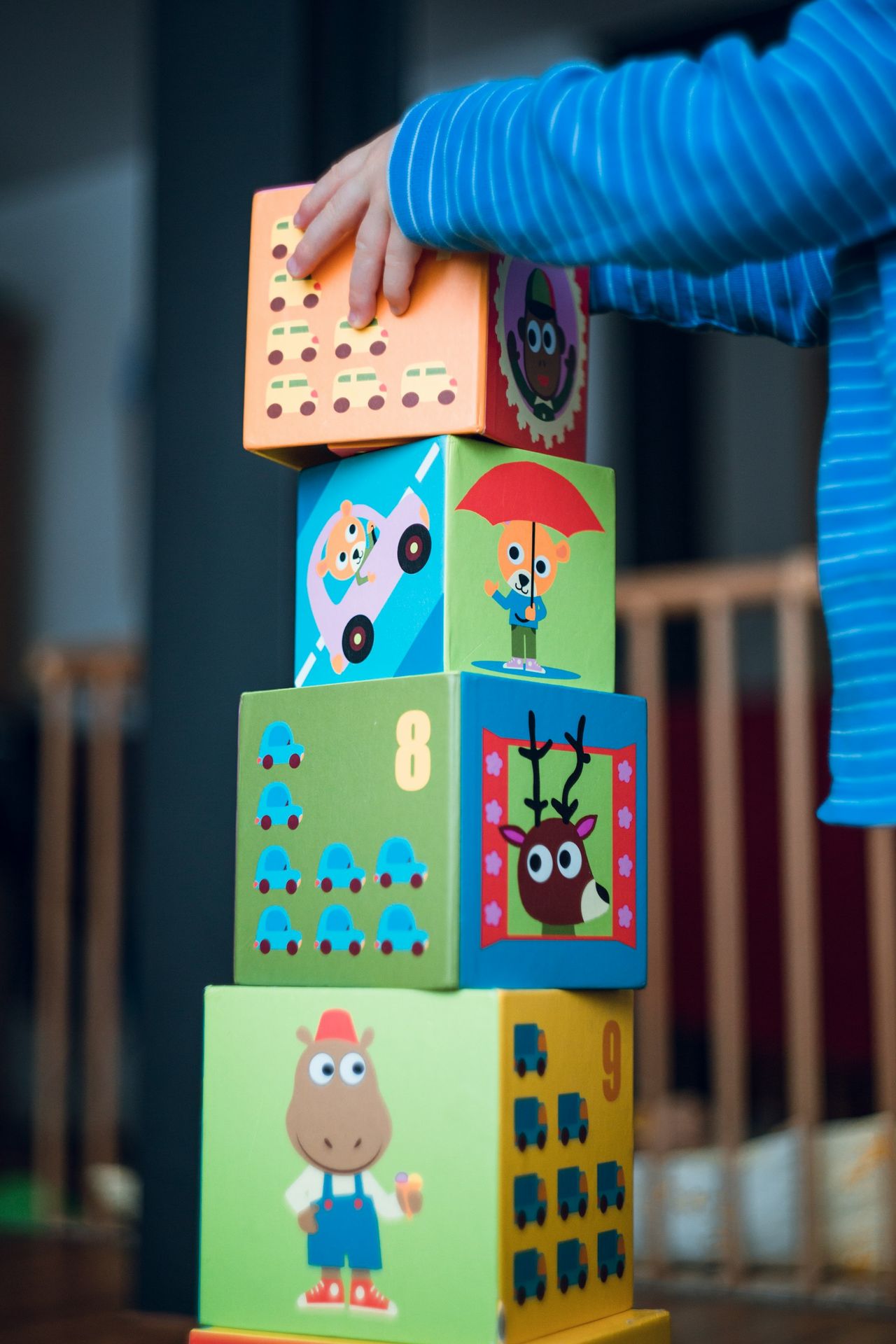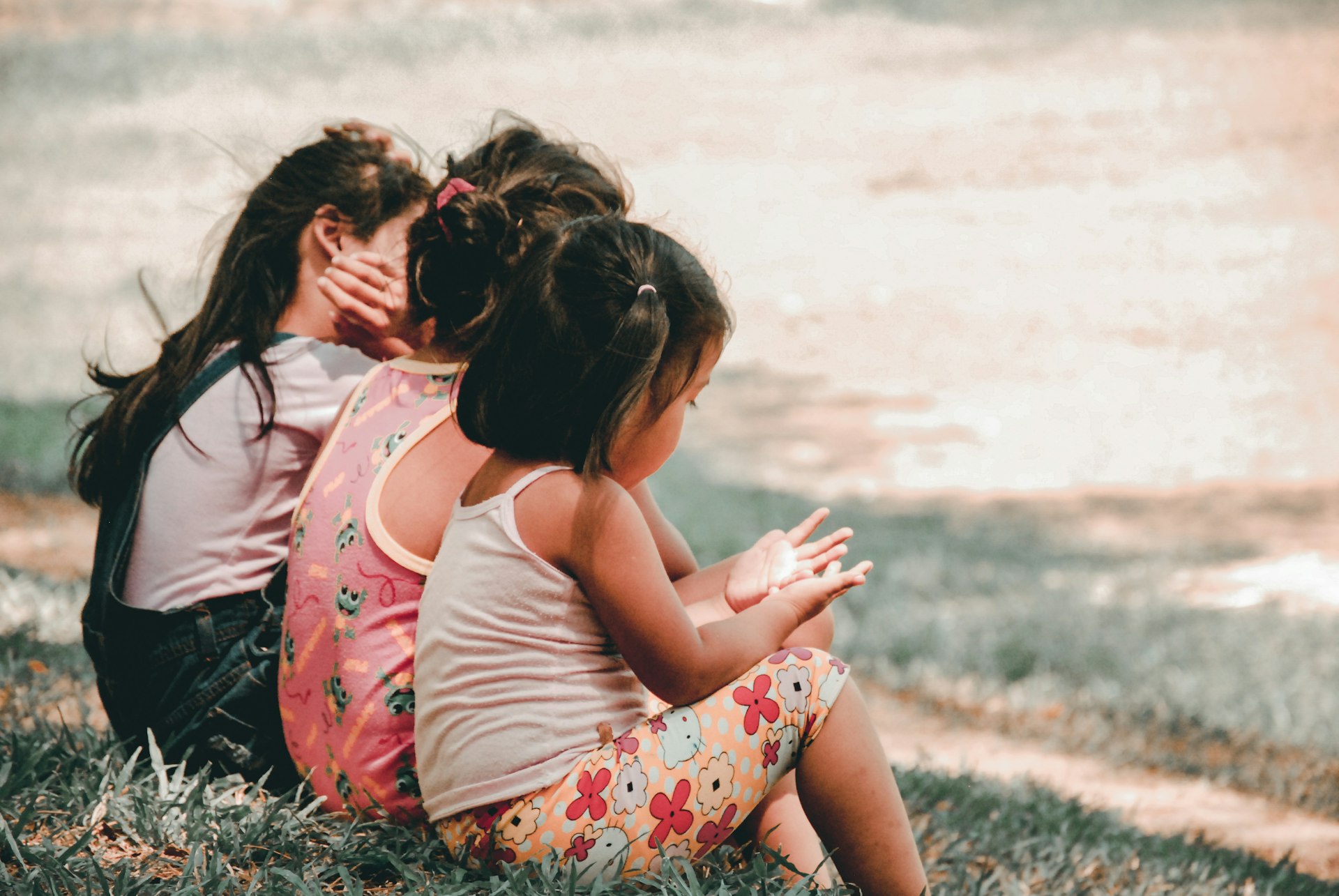Studies show that listening to music has immense power over the development of your child's overall well-being. As parents, we often focus on giving our children nutritious food so that they grow up strong and healthy. But what about nourishment for the brain, the heart, and the soul?
It’s easy to overlook the importance of emotional, social, and intellectual nourishment, especially in the early years when these aspects are developing rapidly. That’s where music, particularly classical music, comes in. Think of it as a kind of “multi-vitamin” for the brain.
Just as we feed our children fruits and vegetables for their growing bodies, music, especially music that is rich in texture, harmony, and melody, feeds the growing mind and soul. Here's how music contributes to your child’s development in four key areas:
1. Cognitive Development
Music stimulates the brain like a full-body workout for the mind.
-
Better Memory
Listening to classical music helps strengthen memory pathways. Melodic patterns and musical structure activate areas of the brain responsible for storing and retrieving information. -
Improved Attention Span
Children who are exposed to classical music tend to be more attentive. Complex compositions encourage the brain to stay engaged, track patterns, and notice changes. -
More Focused Attention
Listening to extended musical pieces helps children practice sustained focus, a skill that transfers to reading, problem-solving, and even playing with intention. -
Enhanced Reasoning Skills
Classical music’s structure and order foster logical thinking. Musical elements such as repetition, variation, and progression help children understand cause and effect and develop sequencing skills.
2. Language Development
Before children speak, they listen.
-
Sound Awareness
Music, especially classical music, includes a wide range of tones, rhythms, and instruments, training young ears to distinguish between sounds. This heightened auditory awareness is a critical pre-reading skill. -
Rhythmic Sensitivity
Exposure to regular beats and phrasing patterns enhances phonological awareness, the ability to hear and manipulate the sounds in words—essential for reading fluency. -
Vocabulary and Expression
As children move or sing along with classical pieces, they begin to connect sounds with emotions, characters, or actions, naturally expanding their language skills and expressive abilities.
3. Social and Emotional Development
Music helps children understand themselves and others.
-
Emotional Intelligence
Music can evoke a wide range of emotions. When children listen to these emotional expressions in music, they begin to recognise and label their own feelings and learn empathy. -
Connection and Bonding
Whether it's lullabies at bedtime or dancing to a tune, shared musical experiences strengthen emotional bonds and build trust. -
Self-Regulation
Slow, soothing music helps children calm down, while upbeat rhythms can lift their mood and energy. Over time, children learn to choose music that helps them manage their feelings.
4. Physical Coordination and Motor Skills
Yes, music can even improve how your child moves!
-
Body Awareness
Clapping, tapping, or dancing to classical music helps young children develop coordination and balance. -
Fine and Gross Motor Skills
Playing with instruments, following conducting gestures, or even moving fingers along to a melody contributes to both fine (finger-based) and gross (large movement) motor development. -
Rhythmic Movement and Timing
Keeping the beat trains the body to move in a steady and controlled manner—an important foundation for sports, handwriting, and daily tasks.
Final Thoughts: It All Starts With Listening
Music doesn’t require your child to do anything except listen—but the benefits are lifelong. It lays the foundation for focus, emotional understanding, language skills, and physical coordination. In a world full of screens and fast-paced media, the calm and complexity of music can be a beautiful gift for your child’s inner world. You're not just giving your child background music. You're giving them building blocks for a brighter, more balanced future.


Daniel Levitin (Author, "This Is Your Brain on Music")
"Music is a powerful tool for engaging the brain, from helping babies develop language to providing comfort in times of distress. It has the ability to stimulate neural growth and enhance memory."